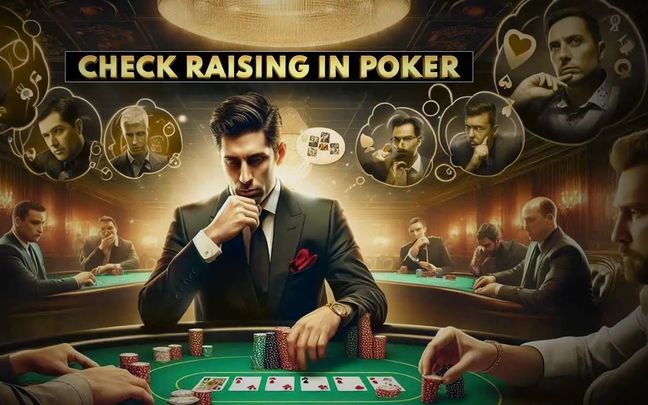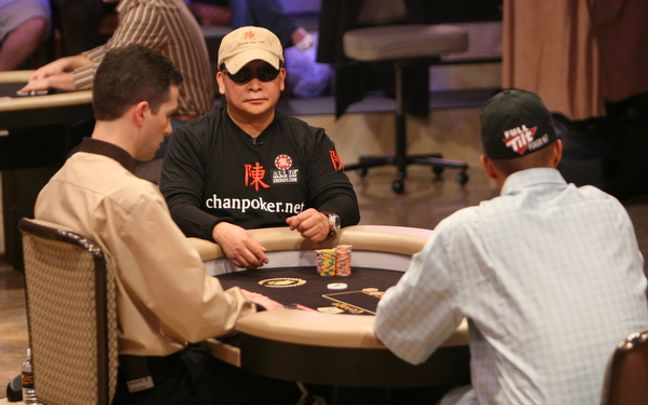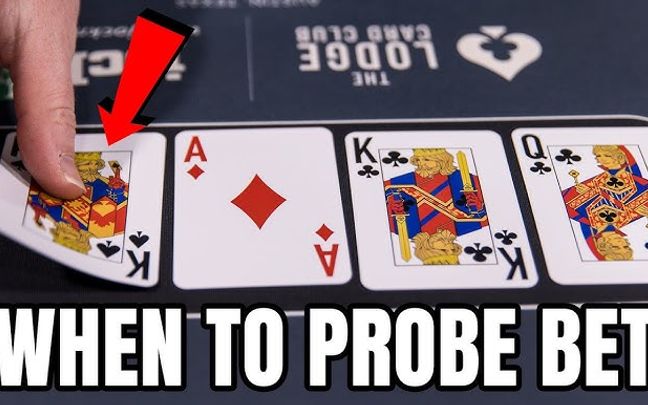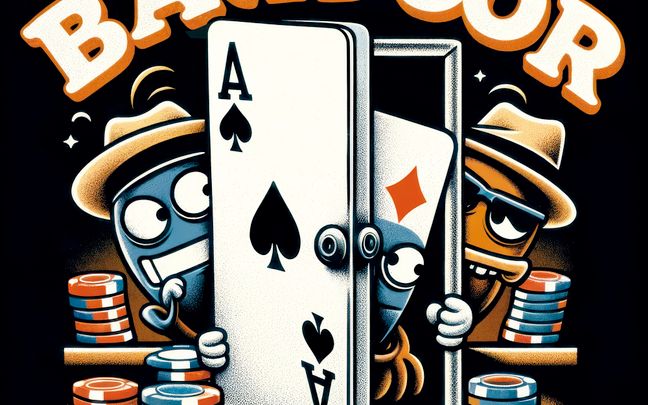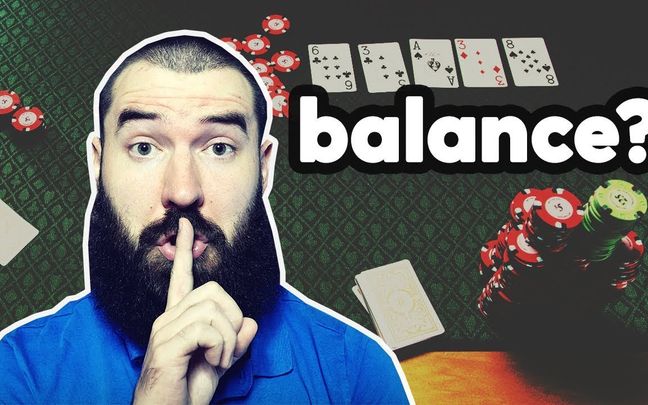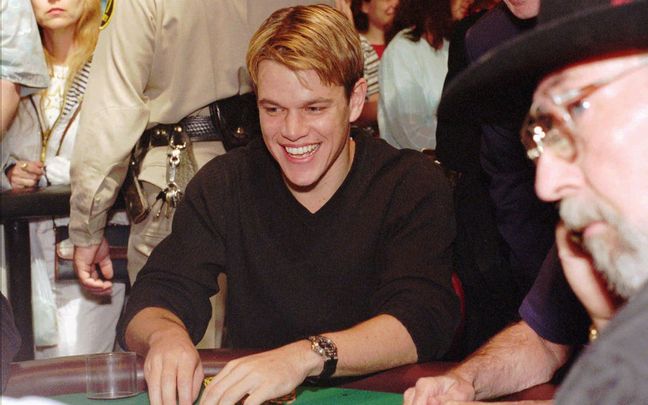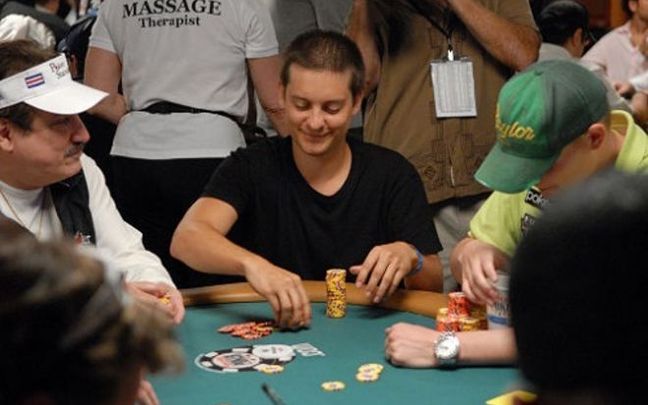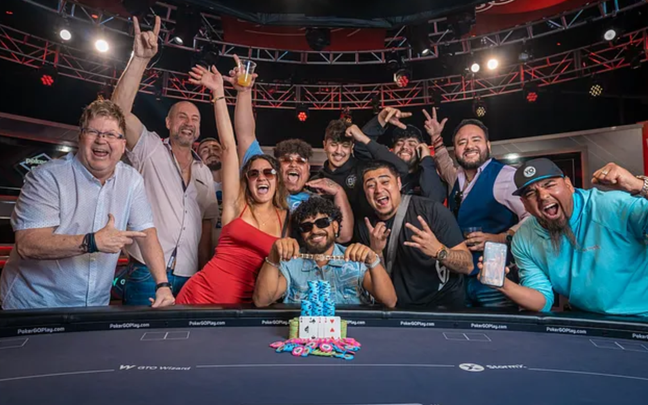Poker Etiquette is a set of important behavioral rules that help maintain fairness and a positive atmosphere in each hand. Whether you are a beginner or an experienced player, understanding and following these rules is essential to becoming a professional player. This article will help you master the basic principles of Poker Etiquette and understand their significance in the game.

Poker Etiquette helps maintain fairness in every hand
What is Poker Etiquette?
Poker Etiquette is a set of behavioral rules and standards you need to follow when participating in poker games, ensuring a fair, respectful, and enjoyable playing environment for everyone.
Although not mandatory, Poker Etiquette is considered a social norm within the poker community, helping maintain harmony and creating a positive experience for both players and organizers.
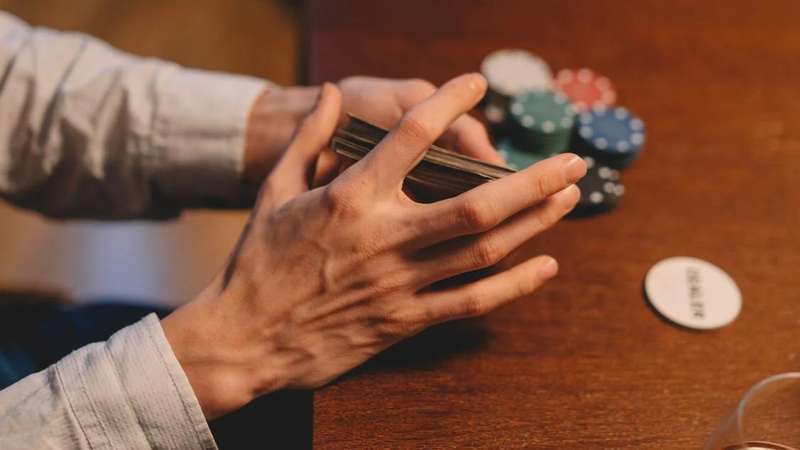
A healthy playing environment is built through adherence to Poker Etiquette
Why is Poker Etiquette Important?
Poker is not just a casual card game but is also considered a mind sport that requires strategy, thinking, and high-level competitive skills. However, this aspect also makes poker prone to tension and disputes if there is no established system of proper conduct.
That is why Poker Etiquette—rules of behavior when participating in the poker community—plays a crucial role in maintaining professionalism and fairness, ensuring everyone has the best possible experience.
Protecting Fairness
One of the main reasons Poker Etiquette is necessary is to protect fairness. Poker is a highly competitive game, and any behavior that undermines fairness, such as cheating or "angle shooting" (exploiting loopholes in the rules to gain an advantage), can devalue the game.
For example, revealing your hand or commenting on a hand before the game has ended can disclose important information, influencing the decisions of other players. This puts opponents at a disadvantage and disrupts the natural balance of the game. By adhering to Poker Etiquette, you commit not to engage in such behaviors, ensuring the game remains transparent and fair.
Maintaining Professionalism
Professional poker tournaments are major events that attract many players and spectators. A lack of professionalism would diminish the value of the tournament and cause discomfort for both the players and organizers.
Poker Etiquette helps ensure that everyone behaves appropriately, from maintaining a positive attitude and refraining from offensive language to making the right moves at the right times to maintain the pace of the game.
A poker table where everyone follows these rules will create a comfortable atmosphere, allowing players to focus on strategy rather than being distracted by outside issues.
For large tournaments, professionalism is also a key factor in attracting sponsorships and building the reputation of the poker community. A tournament that follows Poker Etiquette well will create a positive image and contribute to the global growth of the game.
Respecting Other Players
An ideal poker table is an environment where everyone feels welcomed and respected. Not everyone participating is a professional player; some are beginners or play poker for fun.
Maintaining Poker Etiquette ensures that everyone feels treated fairly. For example, criticizing opponents or excessively celebrating a big win not only demoralizes other players but also makes the environment less friendly. Instead, when everyone maintains the right attitude and shows respect for one another, the poker experience becomes more enjoyable and harmonious.
Additionally, accepting losses gracefully is an important part of Poker Etiquette. Losing a hand is inevitable in poker, but complaining or sulking not only damages the player's image but also affects the overall atmosphere of the table.
Poker Etiquette and Long-Term Value
Adhering to Poker Etiquette helps build a positive culture within the poker community. A card-playing environment where everyone feels comfortable and respected encourages more participation, thus expanding the poker community sustainably.
Furthermore, Poker Etiquette reflects a player's character and integrity. A skilled player may not earn respect if they frequently violate behavioral rules. In contrast, players who maintain the right attitude and follow Poker Etiquette will be highly regarded by their peers, regardless of whether they win or lose.
Poker Etiquette is a fundamental factor in maintaining fairness, professionalism, and friendliness at every table. By following these rules, you not only protect the game's value but also contribute to creating a healthy and sustainable poker community.

Poker Etiquette creates a sense of comfort and respect among players
Common Poker Etiquette Rules
Poker Etiquette is a guiding principle that helps maintain fairness and professionalism in every hand. These rules protect the integrity of the game while fostering a friendly and respectful atmosphere among players.
Here are some common rules that every poker player should remember and follow.
Do not comment on the hand being played
While a hand is in progress, you should not reveal or comment on your own hand or your opponent’s hand. This could influence others’ decisions and disrupt the fairness of the game.
Do not delay your turn
You should act quickly when it’s your turn to bet, call, raise, or fold in order to maintain the flow of the game. Unnecessary delays can cause frustration for others.
Avoid “angle shooting”
“Angle shooting” refers to exploiting loopholes or ambiguities in the rules to gain an unfair advantage. While not strictly illegal, this behavior is frowned upon in the poker community.
Do not use offensive language
Poker Etiquette emphasizes the importance of maintaining respect for other players by avoiding offensive, mocking, or sarcastic language.
Do not over-celebrate
Winning a big hand can be exciting, but excessive celebration can make your opponents uncomfortable or feel disrespected.
Handle losses gracefully
In poker, winning and losing are part of the game. You should stay calm and accept the outcome, rather than complaining or expressing frustration.
Do not cheat
Cheating in any form, such as “chip dumping” (giving chips to another player) or colluding with an opponent, is unacceptable in Poker Etiquette.
Do not abuse break time
In tournaments, you should adhere to the designated break times and avoid unnecessarily prolonging breaks, which can disrupt the tournament’s progress.
Poker Etiquette in online environments
With the rise of online poker, Poker Etiquette also applies to online platforms:
- Do not deliberately delay your actions.
- Do not use cheating software or share hand information with others.
- Avoid insulting other players in the chat box.

Adhering to Poker Etiquette helps reduce tension and conflicts at the table
Poker Etiquette helps maintain fairness, making the game more enjoyable and exciting. Adhering to these behavioral rules demonstrates professionalism, respect for opponents, and a love for this intellectual sport.
When all players observe Poker Etiquette, poker transforms from just a game into a meaningful social experience.
